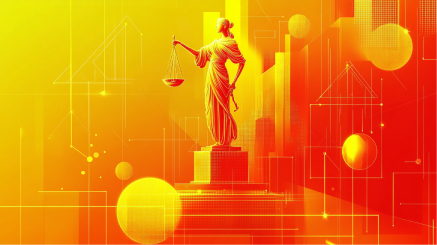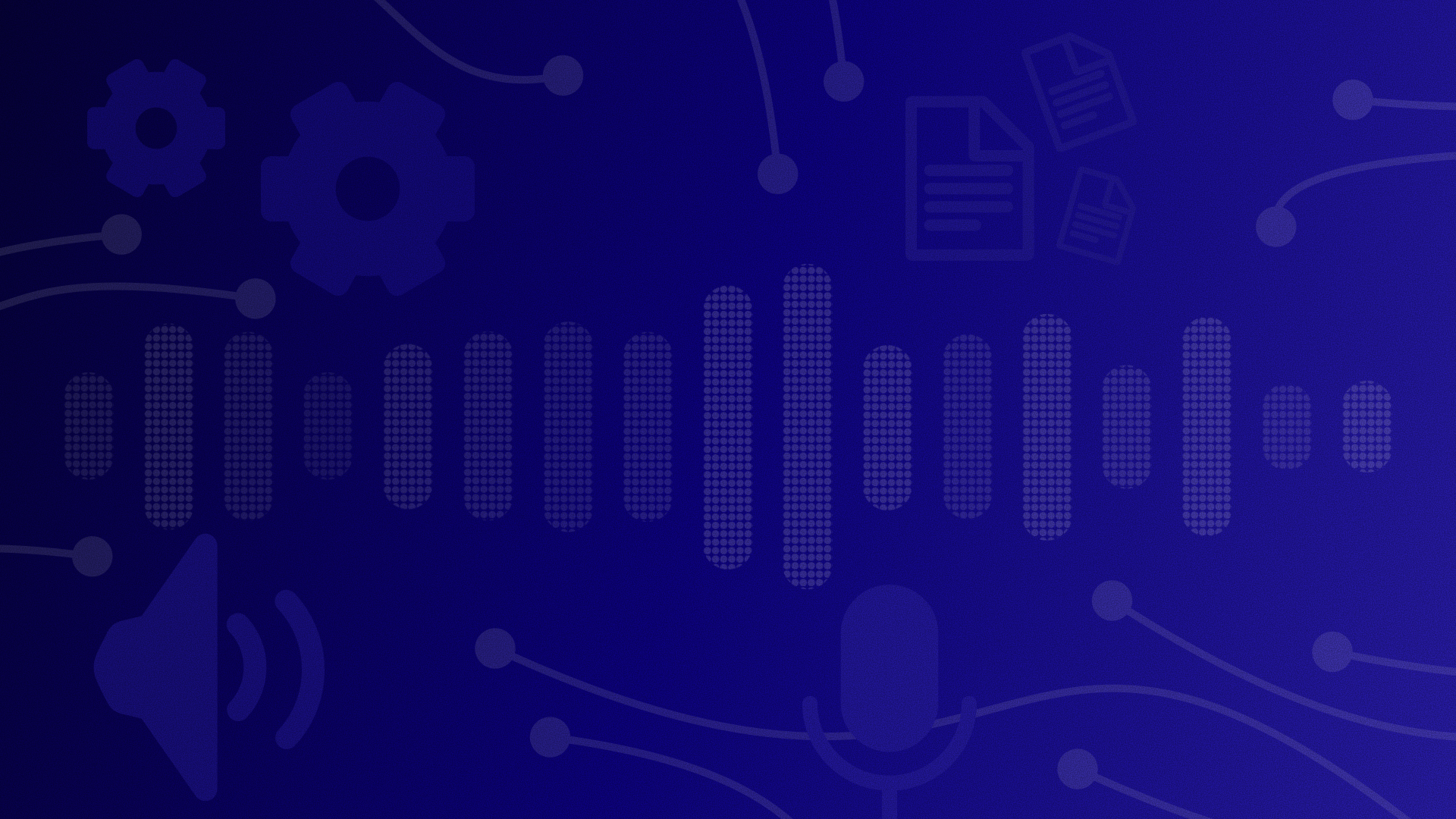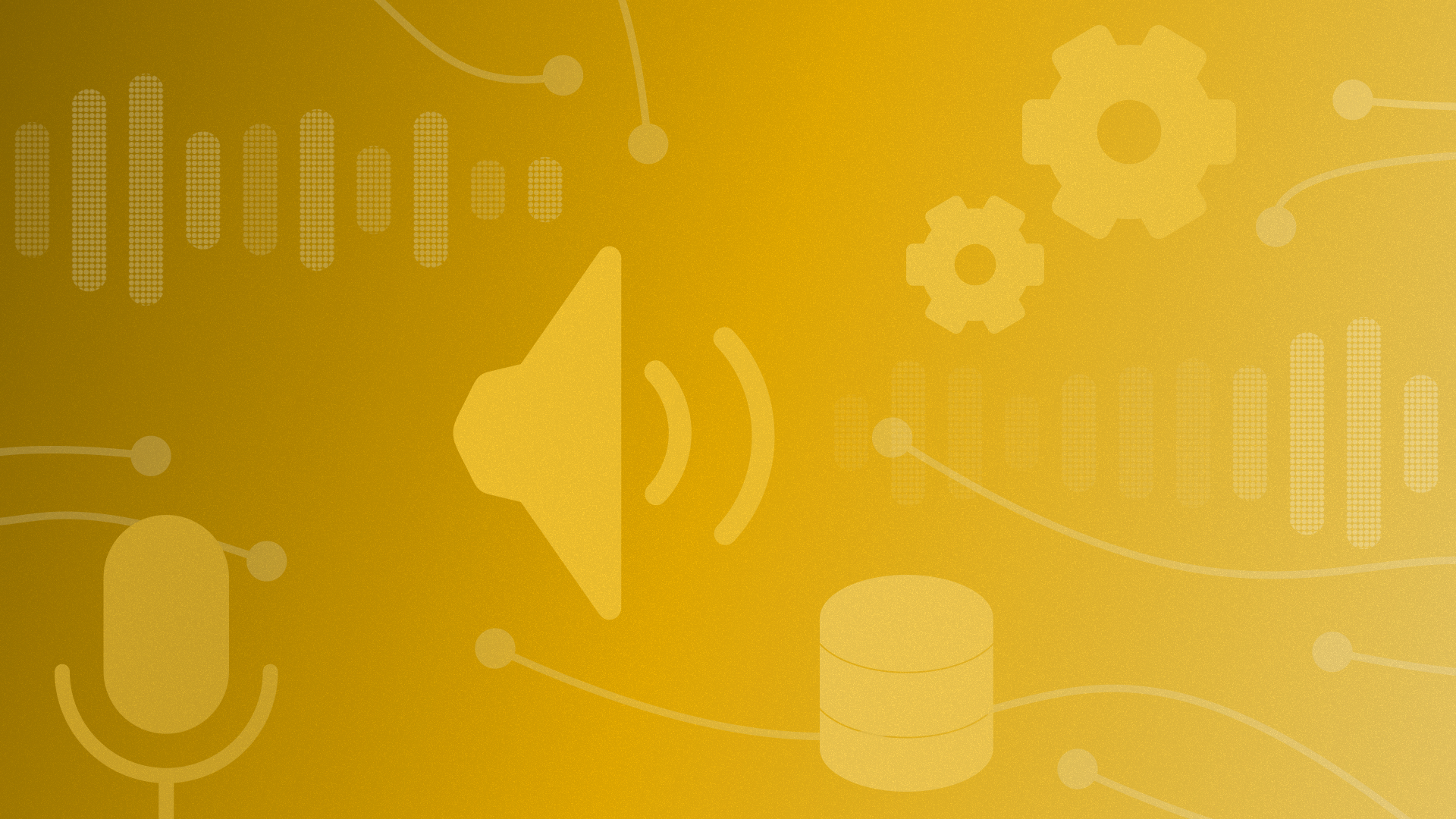Artificial Intelligence (AI) is rapidly transforming modern democracies. New technologies offer extraordinary opportunities to enhance governance and administrative efficiency but also raise crucial questions regarding individual freedoms, civic participation, and the concentration of power. The promise of AI comes with significant dangers that require careful regulation and widespread social awareness. This article explores artificial intelligence's main risks to democracy, analyzing challenges related to surveillance, manipulation, and information overload.
AI Between opportunities and dangers for Democracy
The introduction of computer networks has brought profound changes to our societies, a transformation that continues to evolve in new and effective applications, such as virtual agents. Artificial intelligence promises efficiency and innovation and could redefine entire sectors like healthcare and education. However, alongside these opportunities, crucial questions emerge about the risks this transformation entails for ecology, society, and, above all, democracy.
A historical perspective
History teaches us that every significant innovation brings both progress and unforeseen challenges. During the Industrial Revolution, humanity witnessed unprecedented productivity, opening the door to unresolved environmental and social crises. Today, with the advent of AI, we find ourselves at a similar crossroads: we can harness this new revolution to build a more just and sustainable society, or if we're not careful, we may face new problems with unpredictable consequences.
New technologies, greater risks
The challenges of the 21st century, such as climate change and digital security, are complex and global, requiring immediate responses. In this context, AI could be a double-edged sword. On one hand, it can help monitor and prevent ecological disasters and improve energy efficiency. On the other, if unregulated, it could accelerate environmental destruction and undermine social cohesion. Today, the stakes are much higher than in the past.
Surveillance and privacy in the era of Artificial Intelligence
The global digital network
We live in an era where the flow of information has reached unprecedented speeds. The internet and social media have transformed how we participate in public debate, making participation more inclusive and fragmented. Democracy, based on informed debate and collective decisions founded on shared facts, now faces informational chaos. Scientific truths and conspiracy theories coexist in the same public sphere, generating confusion and uncertainty.
The risk of total surveillance
A significant risk posed by AI is its ability to amplify mass surveillance. Individual privacy can be eroded, altering the very foundations of democracy. If every action or thought can be tracked and recorded, freedoms of thought, speech, and association become illusory. The possibility of constant monitoring creates a suffocating effect: people self-censor and modify their behaviors to conform to what is acceptable to those who control the surveillance.
The surveillance dilemma
While it's technically possible to monitor everything and everyone, this doesn't mean it's necessary or sensible at a social or economic level. Democracies have the option to choose how to use new surveillance tools, limiting them to provide better healthcare and security without compromising citizens' privacy and autonomy. It's possible to find a balance between individual privacy and AI that allows us to enjoy the benefits of technology without sacrificing personal confidentiality.
Democratic principles in the digital era
Democracy is based on clear principles that must be applied even in the digital age.
Benevolence
Information collected through digital networks must be oriented toward the public good. Personal data should be used to improve public services like healthcare and education, not for manipulation or control. Tech companies could be incentivized to revise their business models, opting for more transparent and ethical systems.
Decentralization
The concentration of all information in a few hands represents a danger to democracy. No entity should have unlimited access to all data. Decentralization of information is essential to prevent abuses of power and totalitarianism.
Mutuality
If democracies intensify surveillance of citizens, they must simultaneously strengthen oversight of governments and corporations. The flow of information must be bidirectional: citizens have the right to know how their data is used and who has access to it.
Room for change and rest
Surveillance systems must leave space for change and respite. Modern technologies should not force people to conform to rules imposed from above, limiting their freedom to evolve or reflect.
The right to explanation - Transparency in algorithms
AI and the decline of transparency
As society delegates more decisions to computers, the capacity of democratic mechanisms to self-correct and maintain transparency and accountability diminishes. How can elected representatives regulate algorithms they do not understand? This situation has led to a growing demand for a new human right: the right to an explanation.
GDPR and the right to explanation
The European Union's General Data Protection Regulation (GDPR), which came into force in 2018, states that if an algorithm decides about a person - such as denying credit - that person can obtain an explanation and contest it before a human authority. But is this right genuinely enforceable?
The AlphaGo case: evidence of complexity
An emblematic case is that of AlphaGo, the AI developed to play Go, which in 2016 defeated champion Lee Sedol. AlphaGo made moves that appeared incomprehensible to human players but proved decisive for victory. This example shows that algorithms can make decisions that escape human understanding, raising doubts about the possibility of always explaining their actions.
The "alien" intelligence of algorithms
The rise of an "alien" intelligence, incomprehensible to humans, threatens democracy. If crucial decisions are made by opaque algorithms beyond the understanding and control of voters, democracy loses strength. However, this intelligence can improve decisions, provided it's clear who determines the relevant data.
Toward effective oversight
The problem isn't just the quantity of data but how algorithms decide what's important. Establishing bodies capable of monitoring and approving algorithms will be crucial, combining human and technological analysis to ensure their safety and fairness. Without adequate oversight, even with laws enshrining the right to explanation, who would guarantee its application?
Digital anarchy and information manipulation
The threat of digital anarchy
The digital network represents a growing threat to democracies, facilitating the risk of digital anarchy. Democracies, with their decentralized structure and self-correcting mechanisms, offer protection against totalitarianism, but this flexibility can make it harder to guarantee order. To function effectively, a democracy must allow free public debate on key issues while maintaining a minimal level of social order and trust in institutions.
The evolution of communication media
Since the rise of the digital network, public debate has become more open but also more chaotic. In the past, newspapers, radio, and political parties used to determine who could participate in public conversations. However, social media has disrupted this "gatekeeper" role, resulting in a more inclusive but also more fragmented debate.
Bots, AI, and disinformation
A current risk is posed by bots and AI-generated content influencing public opinion. Armies of bots can generate images, videos, and deepfakes to manipulate democratic debate. If once they were tools to facilitate dialogue, algorithms risk orchestrating the entire debate, imposing invisible rules, and manipulating information.
Informational chaos and the crisis of Democracy
If these systems take control, informational chaos could cause democracy to collapse, making it impossible to distinguish between truth and fiction. Democracy, based on informed debate, risks collapsing under the weight of manipulation and disinformation.
The impact of AI on Democratic elections
The myth of AI and mass persuasion
AI has been cited as a serious threat to the integrity of elections, with apocalyptic predictions of a technological "Armageddon" involving deepfakes and targeted political advertising. However, recent studies show that the impact of AI on elections is not as dramatic as feared. The Alan Turing Institute, analyzing over 100 elections since 2023, detected signs of AI-related interference in only 19 cases, and in none did the final results significantly deviate from poll predictions.
The failure of micro-targeting
Political micro-targeting campaigns fueled by AI have yielded disappointing results. Personalized campaigns were believed to influence voting behaviors significantly, but data show minimal impact. Voting behavior is shaped by complex factors such as identity, values, and social belonging, which override the effectiveness of targeted information.
Information overload and disinterest
AI also faces the challenge of content overload. Every day, millions of pieces of information circulate online, making it difficult for any message - even those generated by AI - to stand out. The massive use of political content created by AI could even generate disinterest among voters, further reducing the effectiveness of manipulation.
Real risks and alarmist narratives
Concerns about AI are justified, especially regarding the amplification of inequalities or the spread of harmful content. However, alarmist narratives can do more harm than good, undermining trust in democratic processes. The real challenge is to address concrete problems like disinformation and inequalities without being distracted by panic scenarios that don't reflect the current reality.
Safeguarding Democracy in the era of Artificial Intelligence
For much of history, large-scale democracy was impossible because information technology wasn't sophisticated enough to allow extensive political conversation. Now, paradoxically, it may be threatened by the excessive sophistication of this technology. If inscrutable algorithms stifle public debate by fueling hatred and confusion, democracy risks collapsing.
However, the real danger isn't the technology itself but our inability to regulate it wisely. The informational infrastructure of many democracies is already disintegrating, and if citizens can no longer engage in dialogue, democracy becomes unsustainable. Even though social media algorithms are often blamed, what's causing this collapse must be clarified. If we fail to understand and intervene, democracy may not survive the rise of artificial intelligence.
Ethical AI solutions: indigo.ai
Despite the risks of surveillance and informational manipulation, AI can demonstrate its ethical and beneficial potential. Our solution is a concrete example of how AI Agents can transform the customer experience and optimize communication between businesses and users. With support for over 100 languages and seamless integration with business systems such as CRM, ERP, and data collection platforms, our platform operates across any channel, from the web to WhatsApp, and even phone calls. Data security and privacy are ensured by ISO 27001 certification and full GDPR compliance.
The results speak for themselves. Unobravo, with the "Fortuny" virtual assistant, reduced incoming tickets by 70%, improving customer care efficiency. Würth Italia automated 96% of requests with a virtual assistant, providing real-time support and increasing conversion opportunities. Lavazza enhanced the online shopping experience, reducing cart abandonment rates thanks to a multilingual assistant available 24/7, answering customer queries and providing valuable interaction data.
These are just a few examples of how AI can be a powerful tool, delivering tangible benefits without compromising fundamental democratic values.
Governments, institutions, and citizens must collaborate to develop effective regulations that safeguard democratic values in the digital age. Only through awareness, education, and legislation can we ensure that AI is used for the common good, preserving individual freedoms and social cohesion.
FAQs
What are the main risks that AI poses to democracy?
The main risks include the amplification of mass surveillance, erosion of individual privacy, manipulation of public opinion through disinformation and AI-generated content, the opacity of algorithms making decisions without the possibility of explanation, and potential informational chaos that can undermine the foundations of informed democratic debate.
How can AI influence privacy and surveillance in modern society?
AI can process enormous amounts of personal data, enabling unprecedented surveillance. This function can lead to totalitarian control, where every action or thought can be monitored. Such constant surveillance can limit individual freedoms, inducing people to self-censor and conform to avoid negative consequences.
What measures can be taken to safeguard democracy in the era of AI?
It's crucial to develop effective regulations that ensure algorithmic transparency, protect individual privacy, and promote the ethical use of AI. Democratic principles such as benevolence, decentralization, mutuality, and room for change should be applied in the digital age. Collaboration among governments, institutions, tech companies, and citizens is essential to ensure that AI is used for the common good, preserving individual freedoms and social cohesion.






%201.png)